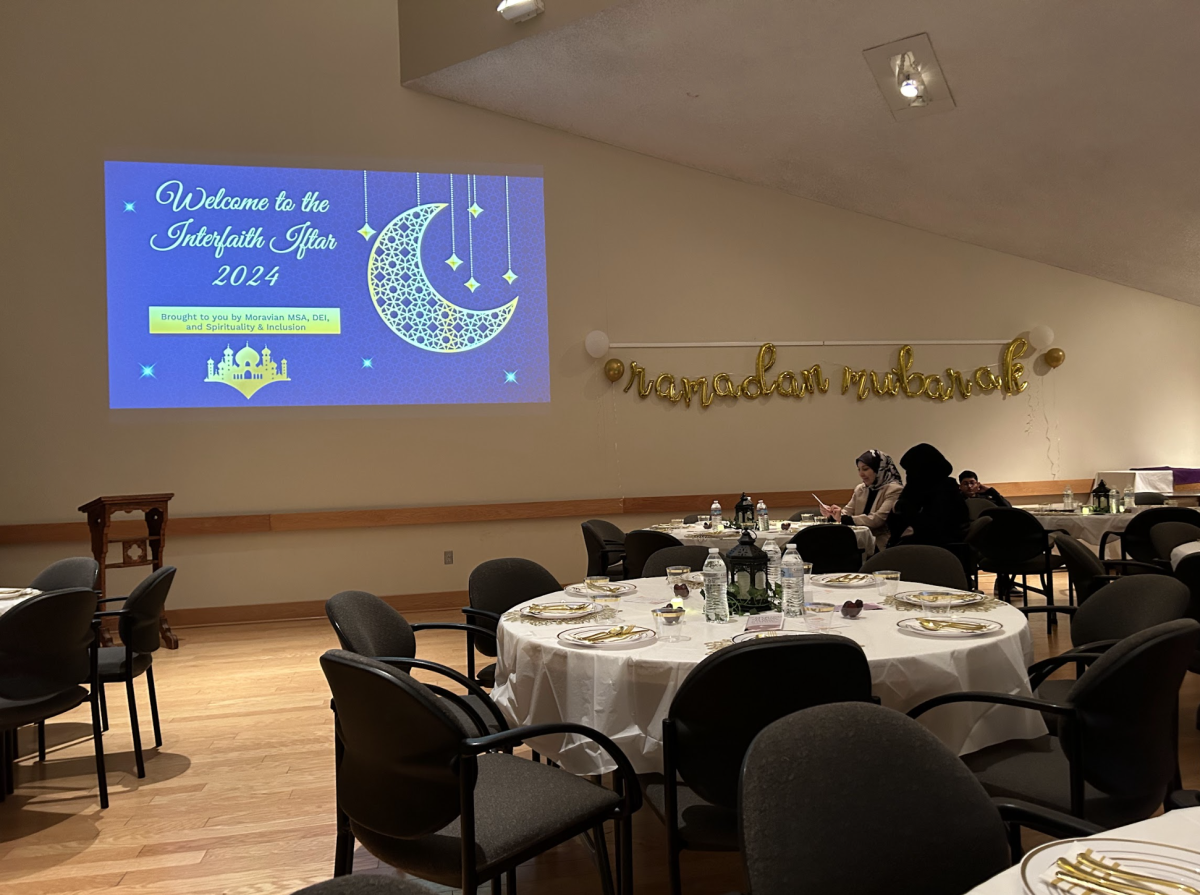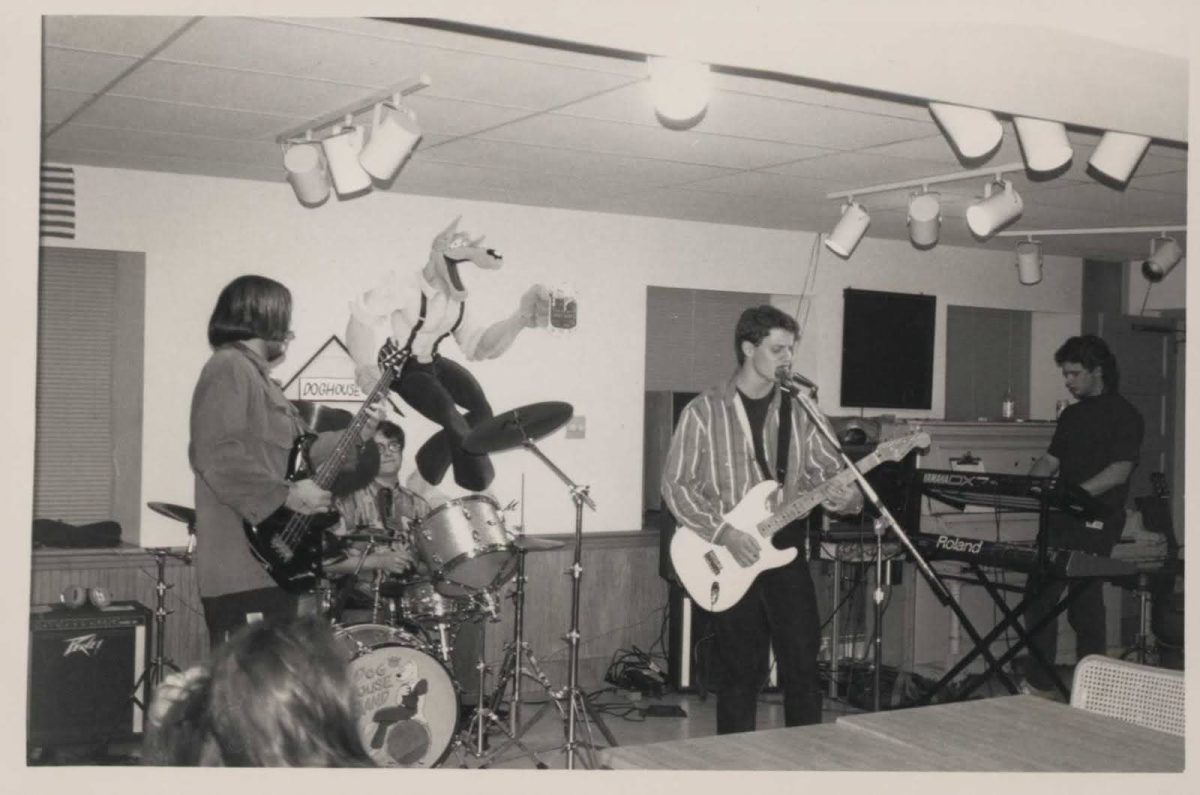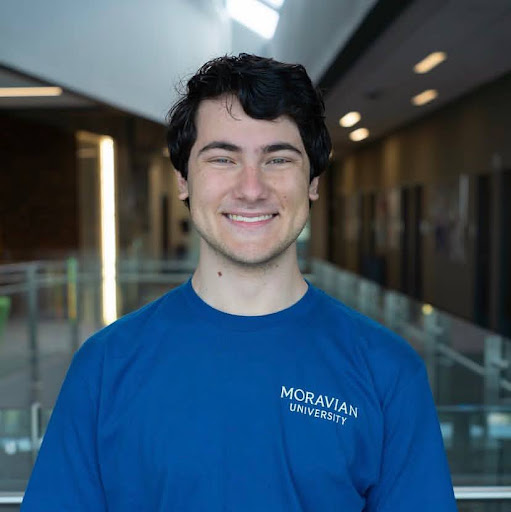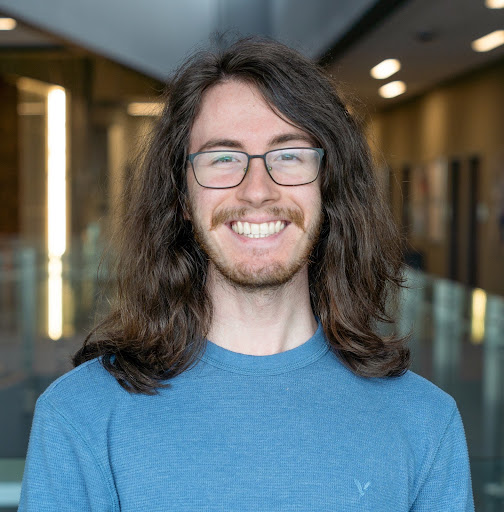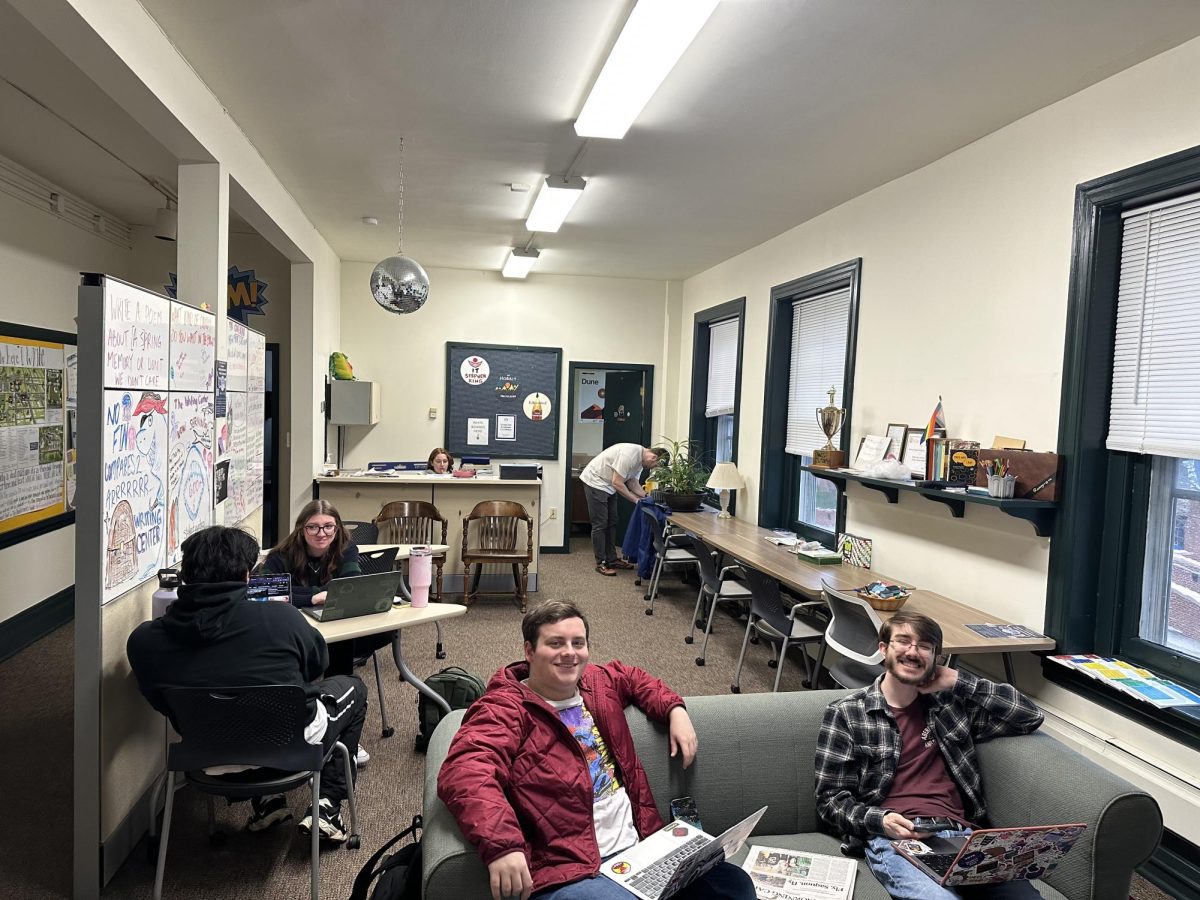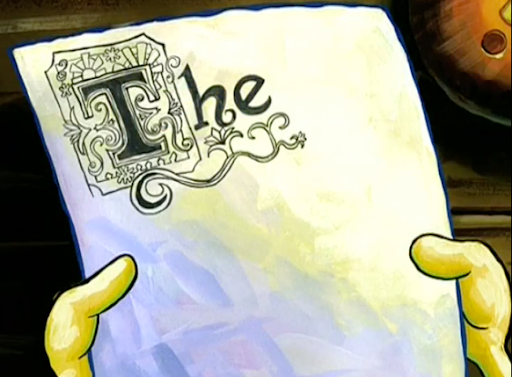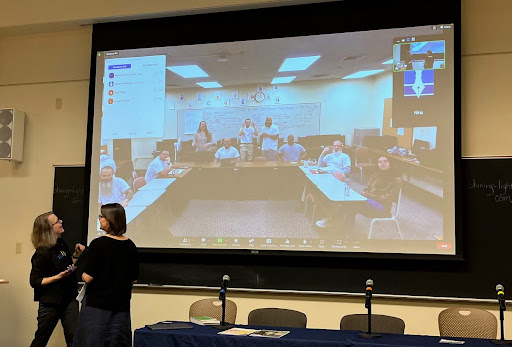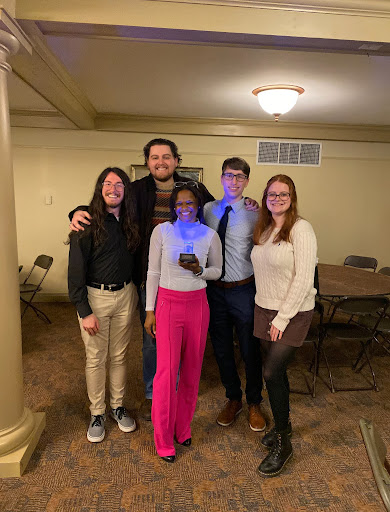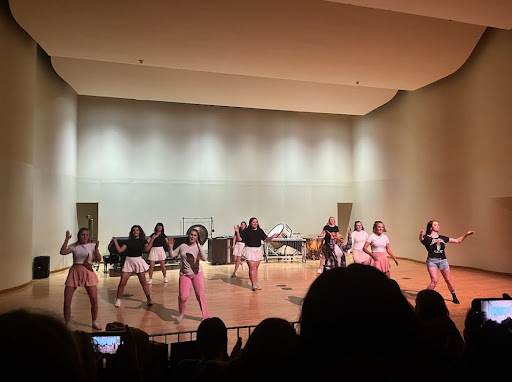March 14 was a notable day for the Moravian community, as the Muslim Student Association held its first Interfaith Iftar since 2019. With much help from MSA President Hamide Urvasas’ organization and leadership, the hall of Bahnson Center was adorned in gold and white to celebrate the revival of the tradition at Moravian.
March starts the month of Ramadan, which is the ninth and most holy month of the Islamic calendar. During this month, followers exercise self-control, gratitude, and patience through one of Islam’s five pillars, fasting. MSU explains the significance of this month as “cultivating righteousness and awareness of God.” Through Ramadan, Muslims focus on connecting more with their faith.
Fasting for Ramadan is practiced by refraining from eating, drinking, or intimate contact with others from sunrise to sunset. Muslims instead take this time to increase their worship of God through multiple methods. Giving charity, reading the Quran, and participating in voluntary night prayers are a few practices Muslims follow to strengthen their spiritual connection to God.
The event was sponsored by the Lehigh Valley Dialogue Center, whose mission is to encourage peace, respect, and collaboration among the different cultures in the Lehigh Valley through interfaith activities and events. The LDC hopes to create a “ripple effect” of compassion and understanding between varying cultures and backgrounds, starting from the Lehigh Valley and extending across the world.
The Iftar started about half an hour before sunset at 6:30 p.m., with pleasant conversation and appearances of some of Moravian’s administrators, such as President Bryon Grigsby, vice president and dean of DEI, Dr. Christopher Hunt, and numerous other administrators and professors. The intermission before the official start of the Iftar served as an opportunity to network among the differing backgrounds and similar values of everyone attending.
Before dinner, a presentation was hosted by the MSA’s E-board, including social media manager Dina Mohamed, treasurer Mariam Naveed, and vice president Fatima Adnane. It served as an informative for non-Muslims attending, and a friendly reinstallment of the importance of Ramadan for Muslims attending the Iftar. Through MSA’s educational delivery, there was something for everyone who attended to learn more about.
It also gave MSA the opportunity to announce that Muslim students now have an official prayer room to utilize during this very important time of the year. The Lenox House on Gutter Street offers a prayer room for Muslim students to use for prayer time.
Imam B. Colak of the LDC then led the room in prayer before breaking the fast for the day. Dates and water were available to those who wanted immediate resources available to break their fast. The main courses of dinner included dishes such as white rice, chicken, salad, and soup- all deliciously made and seasoned. The night concluded with a small bake sale, free henna and a competitive round of Kahoot.
All in all, the MSA was successful in reviving the annual Iftar at Moravian. The night served as an example of building connections and compassion in an interfaith setting. As the month of Ramadan continues into April, here are some ways for the community to support our Muslim peers, as given by the MSU and LDC.
One is to be open to accommodating or excusing Muslim students for prayer time. Offering flexibility in scheduling and/or offering extensions/breaks to Muslim students in need of them are also helpful. Through the Iftar, the Moravian community had the opportunity of educating themselves on a significant time of the year for its Muslim population.


